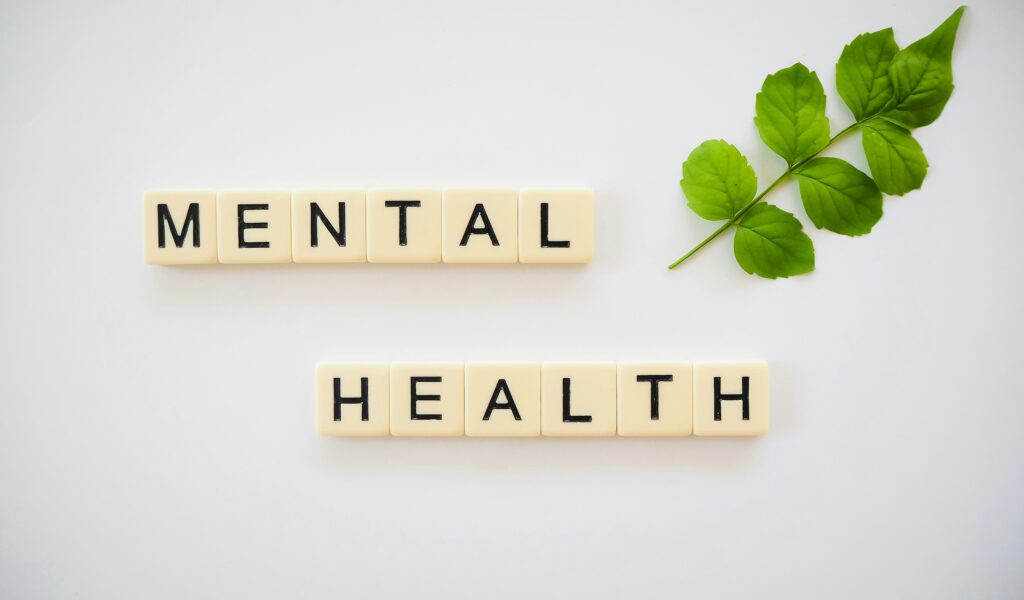In this section you will learn about the Importance of good mental health and identifying people at risk.

- An estimated 20% of women experience mental health issues during pregnancy and in the first year after birth.
- Suicide is one of the commonest forms of maternal mortality.
The hormonal changes and stress related to pregnancy make many women (and their partners) emotional and anxious. Offering support during pregnancy and encouraging women to attend antenatal classes or talk about any concerns is important.
Untreated mental illness during the perinatal period can adversely affect infant cognitive, emotional and behavioural outcomes, maternal-infant bonding and quality of parenting.
There are many families where the anxiety and stress experienced may be related to social factors such as inadequate housing, or debt, or unemployment. Being able to offer support and advice to help plan the timing of a pregnancy allowing optimisation of social wellbeing may reduce pregnancy related mental health concerns for some.

Stop and Reflect:
- Why do you think many people find discussing mental health concerns difficult?
- Can you consider in your work how you can open discussions with people about their mental health without causing more upset and anxiety?

See Also: Tips for improving mental wellbeing in pregnancy Mental health conditions
You may expect to feel happy throughout your pregnancy. Unfortunately, this isn’t always the case, but there are things you can do to take care of your mental health.






